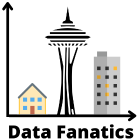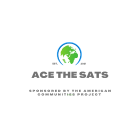
YODHA: Breaking Barriers by Improving Access to Assistive Technology
“Yodha, the accessibility bot”, addresses the problem of inequitable access to information about assistive technology (AT) schemes and devices for people with disabilities in Low and Middle income countries, particularly in India. Yodha bridges the information gap for over 63 million people with disabilities by providing personalized, reliable, information about government schemes and available ATs in a conversational manner in local languages and on multiple platforms. Yodha helps PwDs by reducing the financial burden and time required to acquire necessary devices, increasing PwDs independence and quality of life, ultimately contributing to creating a more inclusive society.








